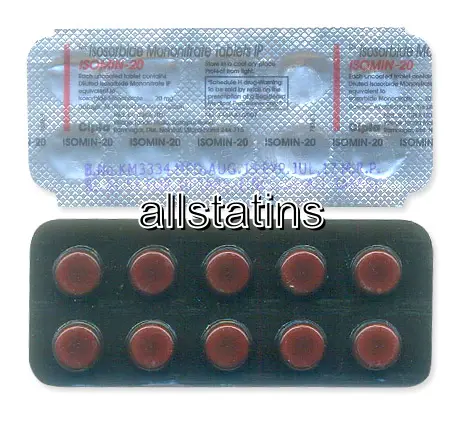| Package | Dosage | Price | Price per Dose | |
|---|---|---|---|---|
| Dosage: 20mg | ||||
| 360 pill | 20mg | $355.19 | $0.99 | |
| 180 pill | 20mg | $200.91 | $1.11 | |
| 120 pill | 20mg | $150.68 | $1.26 | |
| 90 pill | 20mg | $125.56 | $1.40 | |
| 60 pill | 20mg | $96.86 | $1.61 | |
| 30 pill | 20mg | $59.18 | $1.96 | |
| Dosage: 40mg | ||||
| 360 pill | 40mg | $464.63 | $1.29 | |
| 180 pill | 40mg | $242.17 | $1.35 | |
| 120 pill | 40mg | $163.24 | $1.36 | |
| 90 pill | 40mg | $129.15 | $1.44 | |
| 60 pill | 40mg | $95.06 | $1.60 | |
| 30 pill | 40mg | $52.01 | $1.76 | |

Isosorbide Mononitrate Description
Introduction to Isosorbide Mononitrate
Isosorbide Mononitrate is a medication commonly used to prevent and manage angina pectoris, which is chest pain caused by reduced blood flow to the heart. It belongs to a class of drugs known as nitrates, which work by relaxing and widening blood vessels. This action decreases the heart's workload and improves oxygen delivery to the cardiac muscles, providing relief from symptoms of angina.
How Does It Work?
The primary mechanism of Isosorbide Mononitrate involves nitric oxide release. Once administered, it relaxes smooth muscles within blood vessel walls. This leads to vasodilation, or widening of arteries and veins, which reduces the pressure against which the heart must pump. As a result, patients often experience fewer episodes of chest pain and an overall improvement in cardiac function.
Administration and Dosage
This medication is usually taken orally in the form of tablets. The dosage depends on the patient's condition and response to treatment. It is generally prescribed once or twice daily, with regular monitoring by a healthcare professional. To ensure effectiveness, it’s important to follow the prescribed schedule and avoid abrupt discontinuation, which can trigger a rebound effect or worsening symptoms.
Effectiveness and Patient Feedback
Many users report that Isosorbide Mononitrate effectively reduces the frequency and severity of angina attacks. Patients often notice an improvement in their daily activity levels, as chest pains become less frequent. However, some individuals may need adjustments in dosage to find the optimal balance between symptom control and side effects. Consistent use over time tends to provide the best results, especially when combined with other recommended lifestyle modifications.
Possible Side Effects
Like any medication, Isosorbide Mononitrate can cause side effects. Commonly reported issues include headaches, dizziness, and flushing. These symptoms often occur when starting therapy or increasing dosage and may diminish over time. Less frequently, some patients might experience low blood pressure, nausea, or muscle weakness. It is essential to report any persistent or severe side effects to a healthcare provider promptly.
Precautions and Interactions
Patients should inform their healthcare provider about any other medications they are taking, especially other vasodilators, antihypertensives, or medications that might lower blood pressure further. Use of alcohol can enhance certain side effects and diminish the medication's effectiveness. People with conditions such as severe anemia or elevated intracranial pressure should consult their doctor before using Isosorbide Mononitrate.
Warranty of Safety and Use
When used responsibly and following medical guidance, Isosorbide Mononitrate is generally considered safe and effective. Regular check-ups and adherence to dosage instructions can help minimize risks. Patients are advised not to alter their medication regimen without consulting their healthcare provider, as improper use can lead to adverse effects or reduced effectiveness in managing angina symptoms.